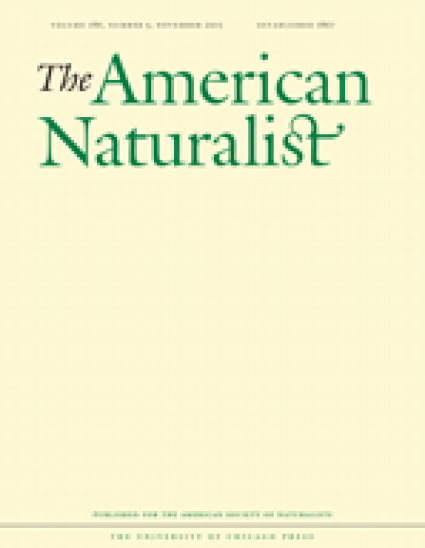
Article
Why Are Incubation Periods Longer in the Tropics? A Common-Garden Experiment with House Wrens Reveals It Is All in the Egg
The American Naturalist
(2008)
Abstract
Incubation periods of Neotropical birds are often longer than those of related species at temperate latitudes. We conducted a common-garden experiment to test the hypothesis that longer tropical incubation periods result from longer embryo development times rather than from different patterns of parental incubation behavior. House wrens, one of few species whose geographic range includes tropical equatorial and temperate high latitudes, have incubation periods averaging 1.2 days longer at tropical latitudes. We incubated eggs of house wrens in Illinois and Panama under identical conditions in mechanical incubators. Even after factoring out differences in egg size, tropical house wrens still required 1.33 days longer, on average, to hatch. We conclude that parental attendance patterns do not account for latitudinal differences in incubation period but that some other as yet unmeasured factor intrinsic to the egg or embryo, or both, extends development time in the tropics.
Keywords
- Avian incubation period,
- life-history evolution,
- maternal effects,
- Panama,
- house wren,
- Troglodytes aedon.
Disciplines
Publication Date
Spring April, 2008
DOI
https://doi.org/10.1086/528964
Publisher Statement
The American Naturalist is published by the University of Chicago Press, and link to full text provided here with permission.
Citation Information
Given Harper, W. Douglas Robinson, John D. Styrsky, Brian J. Payne, et al.. "Why Are Incubation Periods Longer in the Tropics? A Common-Garden Experiment with House Wrens Reveals It Is All in the Egg" The American Naturalist Vol. 171 Iss. 4 (2008) p. 532 - 535 Available at: http://works.bepress.com/given_harper/7/
